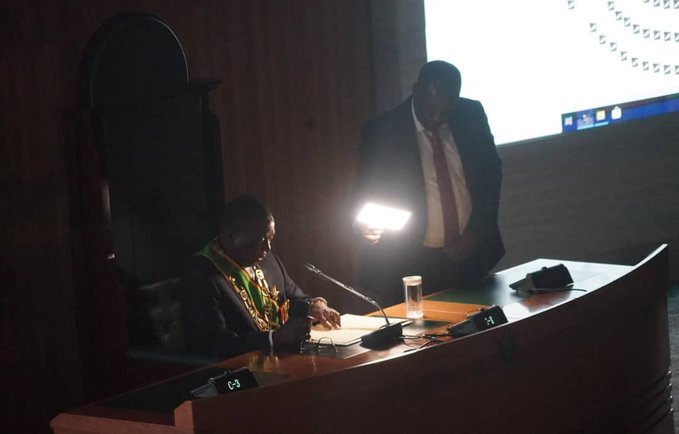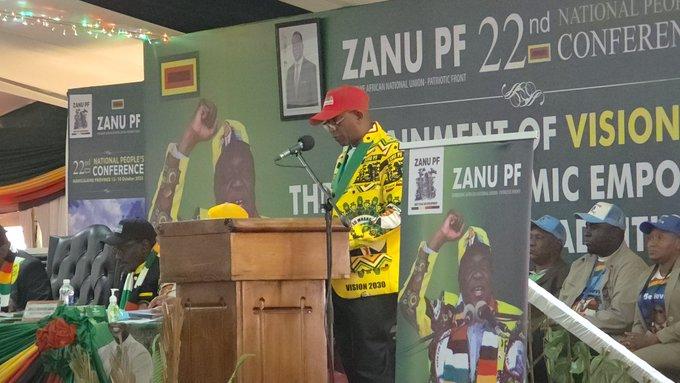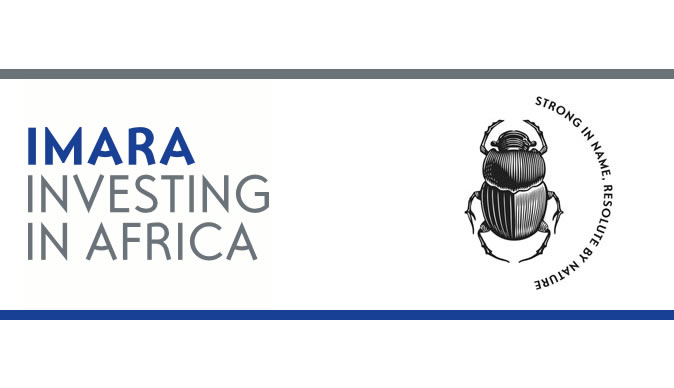THE value of Treasury Bills (TBs) has outstripped bank equity capital by 1,7 times, a new report indicated this week, raising questions over the financial sector's ability to continue absorbing the paper.
The amount of TBs was 1,3 times higher than banks' equity at the end of 2016, according to Imara.
Banks took in an extra $400 million in TBs to end at $1,95 billion in April, from $1,55 billion at the end of last year, according to equities research firm, Imara, which doubted recovery prospects in Zimbabwe but urged the country to adopt International Monetary Fund (IMF)-backed reforms to solve its long running crisis.
In fact, in the report titled Zimbabwe Strategy Notes, Imara said the situation in some banks had reached crisis point that researchers at the equities firm were surprised that TBs had until now not sparked disquiet in boardrooms.
"Also of interest is the value of TBs held by the financial sector which at the end of April amounted to $1,95 billion, up from $1,55 billion at the end of December 2016," said Imara chief executive officer, John Legat in the paper.
"This is a $400 million increase, which surprised us as we felt that the financial sector couldn't justify holding more TBs given their limited capital base, hence the value of bills had been stable during the second half of 2016. At current levels, TBs held by the commercial banks are now 1,7 times the level of bank equity capital, up from 1,3 times at the end of 2016. In our view this ratio should be setting off alarm bells in the banks' board rooms but clearly it is not," Legat said.
He said based on bank balance sheets up to the end of May, CBZ Bank was the most exposed to TBs, with a ratio of over four times equity followed by ZB Bank with two times.
TBs have been a source of anxiety in Zimbabwe.
This is especially so after the Ministry of Finance and Economic Development said TBs had been used to fund government's fiscal gap in an environment where confidence in the government's ability to honour its obligations has been low.
In the 2016 fiscal policy, Finance Minister, Patrick Chinamasa, said lack of capacity to service domestic debt had resulted in roll-overs.
This triggered concern as $2 billion worth of TBs were said to be circulating in the market at the time.
A report by IH Zimbabwe indicates that in 2016, banking institutions had on average grown the value of TBs in their books by 66 percent.
This was in spite of the fear and speculation that was growing around the paper.
Imara said while bank deposits had increased by $330 million to $5,2 billion during the first quarter of this year, banks were shunning lending to the private sector due to high levels of non-performing loans.
However government had crowded out the private sector.
"The private sector has been largely crowded out by government. Banks have channeled their rising deposits back into TBs. They have all but curtailed the ability of depositors to withdraw their money in the form of cash hence the long queues that now exist outside the banks. (In most other countries this would have resulted in bank branches being set alight as depositors vent their anger!). Banks are happy with "swiping" as the money never leaves the RTGS system as electronic money from a consumer moves to the service provider's account within that system. Allowing large cash withdrawals would imply a run on the banks which would collapse the financial system. As such we should expect to see the lack of cash and bank queues to continue for the foreseeable future," Imara said.
Imara said the economic crisis can only be addressed through IMF-led reforms.
"Ultimately, we remain strong believers that the end game will be an IMF-backed economic reform programme, but under a government that has the will and the strength to implement such a mandate. We very much doubt that this will happen using a bond note currency - to debase a local currency twice in under 10 years is hardly a good way to build the trust of the people. As we have seen elsewhere in Africa, a successful reform programme in this country will do wonders for asset values in Zimbabwe."
- fingaz
 Zimbabwe announces strict enforcement of axle load limits
Zimbabwe announces strict enforcement of axle load limits  SA decry 'non-existent' Beitbridge border post security
SA decry 'non-existent' Beitbridge border post security  Millions celebrate Diwali festival in India
Millions celebrate Diwali festival in India  Zimbabwe's dollar stock exchange surges 45%
Zimbabwe's dollar stock exchange surges 45%  Gold edges up as traders await guidance
Gold edges up as traders await guidance  Karo Platinum Project capex rises to US$546m
Karo Platinum Project capex rises to US$546m  Young Investment Professional (YIP) Graduate Programme 2019
Young Investment Professional (YIP) Graduate Programme 2019 










 Young Investment Professional (YIP) Graduate Programme 2019
Young Investment Professional (YIP) Graduate Programme 2019
Editor's Pick